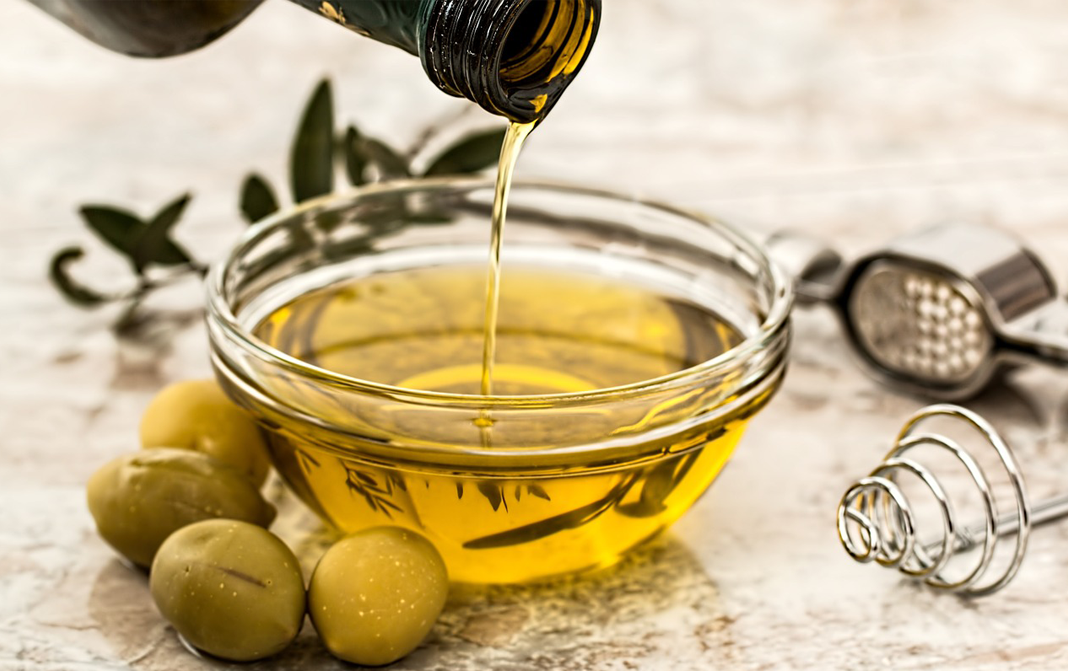


Olive oil should have a recent harvest day. As it lasts for only two years if stored correctly. Olive oils with a high level of fatty acid should be avoided.
An excessive use of olive oil might lead to acne and allergic reaction in people who are sensitive to its consumption.(3)
- Disclaimer
"Information here is provided for discussion and educational purposes only. It is not intended as medical advice or product or ingredient review/rating. The information may not apply to you and before you use or take any action, you should contact the manufacturer, seller, medical, dietary, fitness or other professional. If you utilize any information provided here, you do so at your own risk and you waive any right against Culinary Communications Private Limited, its affiliates, officers, directors, employees or representatives.”
Description
Olive oil is an edible fat that is obtained from the fruit of the Olea Europaea, which is a native to the Mediterranean region but is now brought into use in all nooks and corners of the world. They are generally pressed to produced this flavoursome oil. The cultivation and production of olive oil with mankind was brought into practice since time immemorial, and thereby it subsumed into the life of the people in the eastern Mediterranean from the very advent of the civilisation. In consonant with the climate and care in cultivation, the pit removed ripe olive fruit contains 20 to 30 percent oil. The ones that are extracted from the first medical pressing with no further treatment are branded as a virgin and thus happens to be of the finest quality. Not only this the finest of the fruits are used for consumption without treatment. The crushing apparatus used to extract the oil varies from simple Roman presses, consisting of conical stones operated by hand or by mule to modern hydraulic presses. To prevent fat-free acid the best edible oil must be removed from the pulp as soon as possible. Olive oil is classified into four grades, the first one, which supposedly is the most superior of all is the extra virgin that is derived from the first pressing, while the second one is a virgin, which is also derived from the first pressing and the only difference between them is that the former one contain free fatty acid, called as oleic acid of not more than 0.8 grams per 100 grams, while the later one contains not more than 2.0 grams per 100 grams. The third one happens to be pure, or edible one, which basically is a mixture of refined and virgin. The fourth one is refined, or commercial, refined lampante.